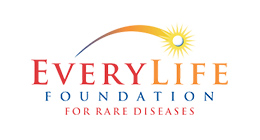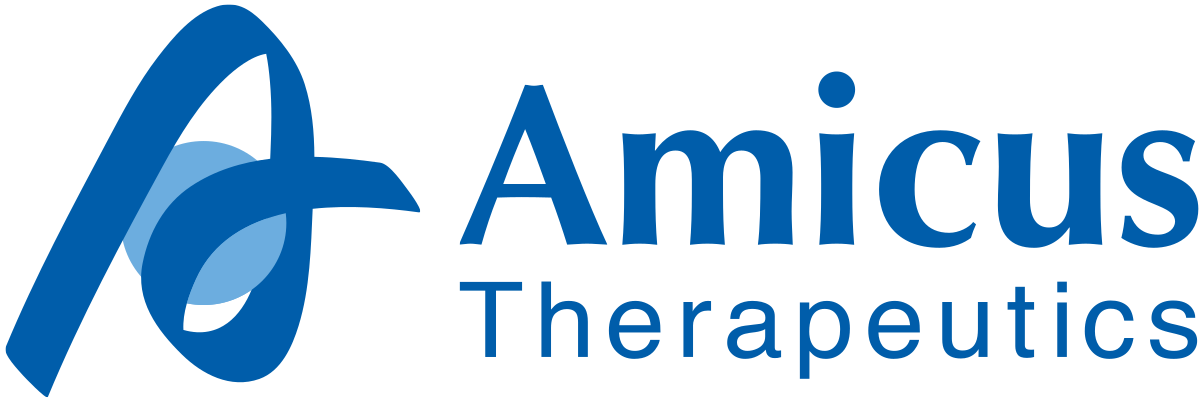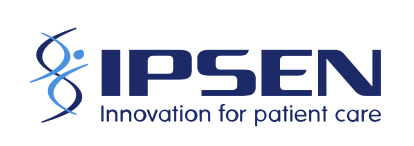CMRI Auditorium
2401 Gillham Rd.
Kansas City, MO 64108
Parking Info (PDF)
Children’s Mercy Research Institute
CMRI Auditorium
2401 Gillham Rd.
Kansas City, MO 64108
Parking Info (PDF)
Exhibitors are welcome to set up at 2:30pm
Children’s Mercy Research Institute
CMRI Auditorium
2401 Gillham Rd.
Kansas City, MO 64108
Parking Info (PDF)















Industry Partner
$2,500 – BOTH DAYS
Community Partners Vendor
(i.e., Community-Based Service Organization, Nonprofits)
$500 – BOTH DAYS
RareKC Disease Foundation Alliance Members
Included in cost associated with being a RareKC Partner.
RareKC Disease Foundation Alliance Members
Included in cost associated with being a RareKC Partner.